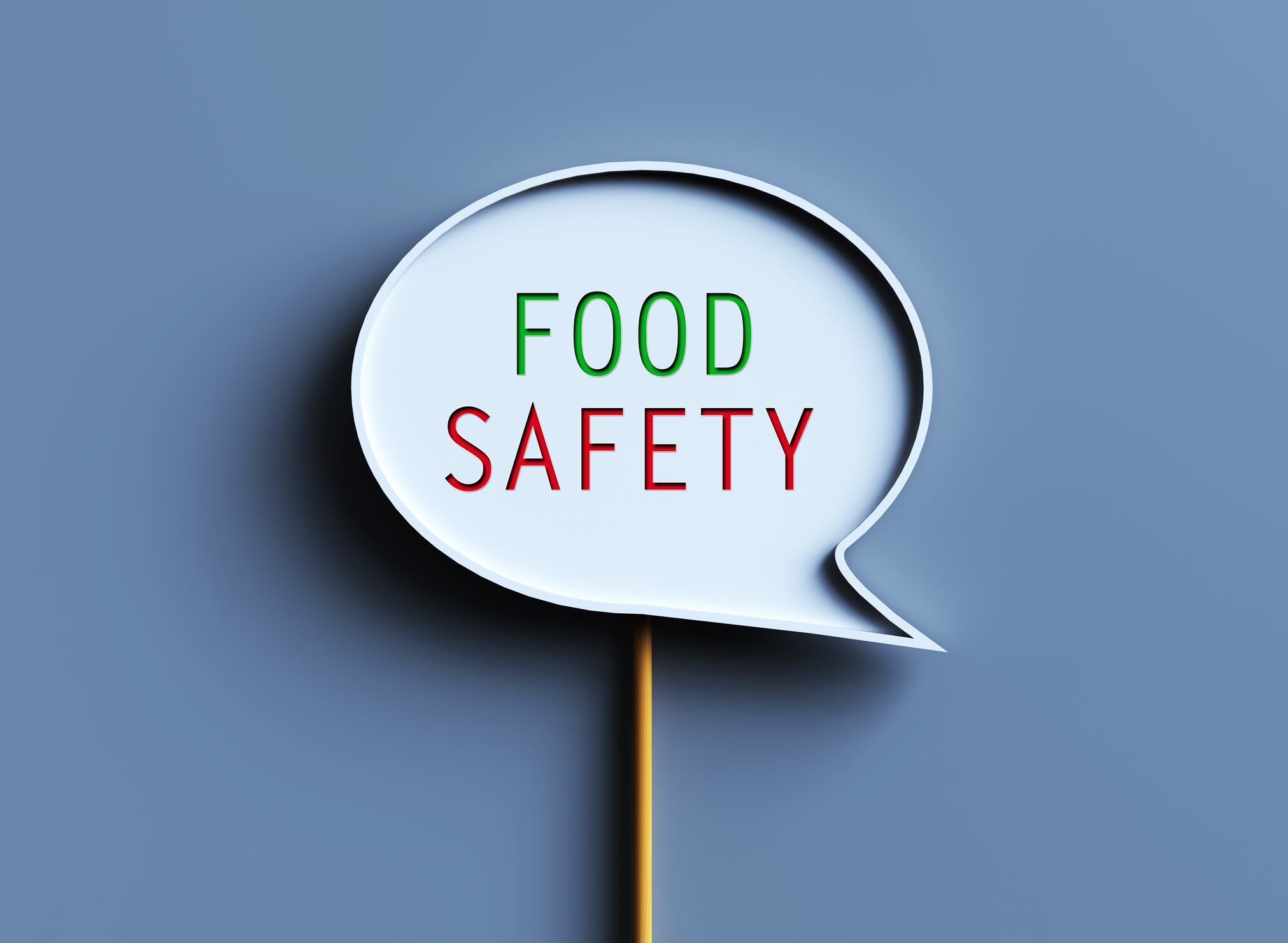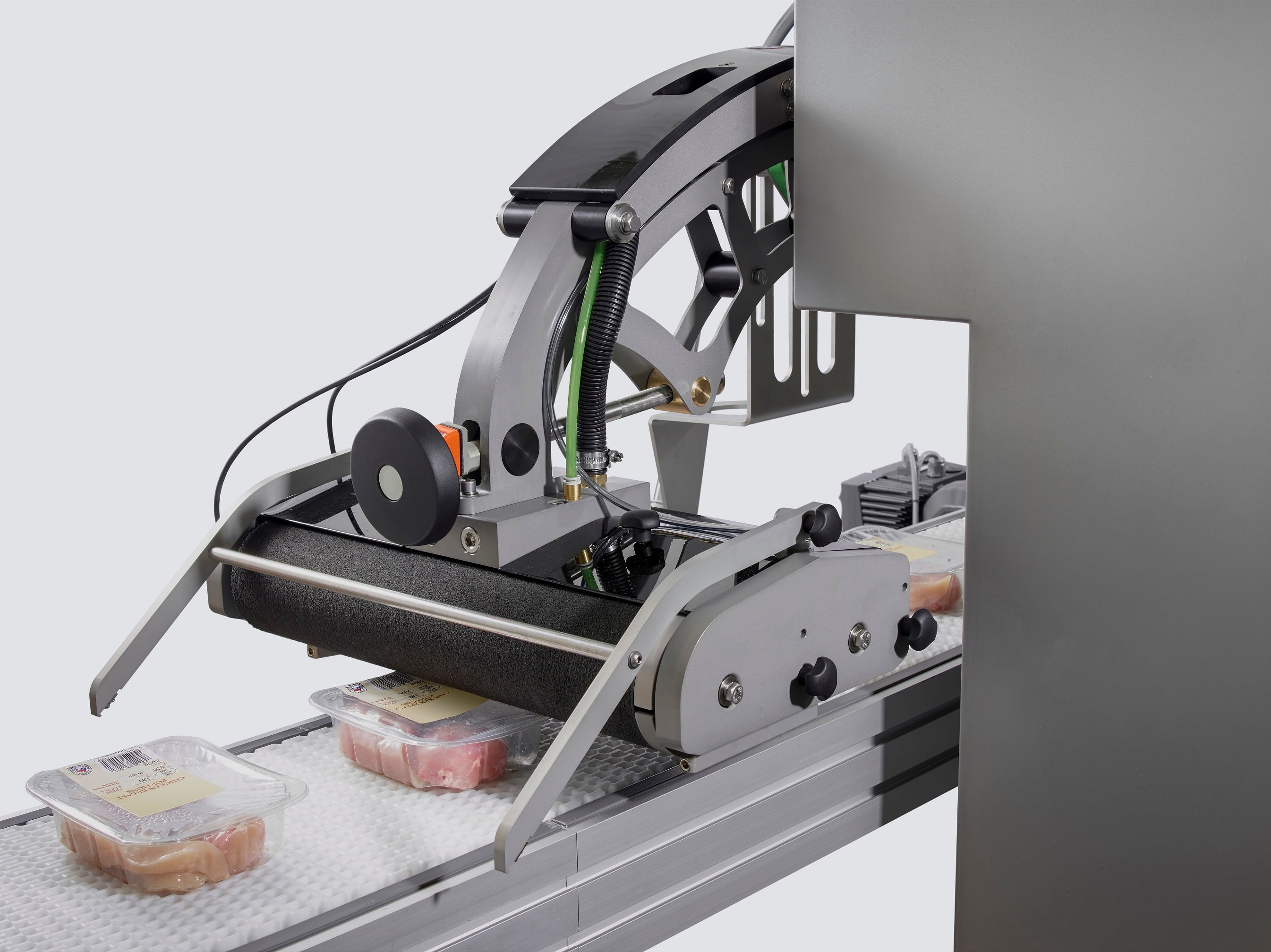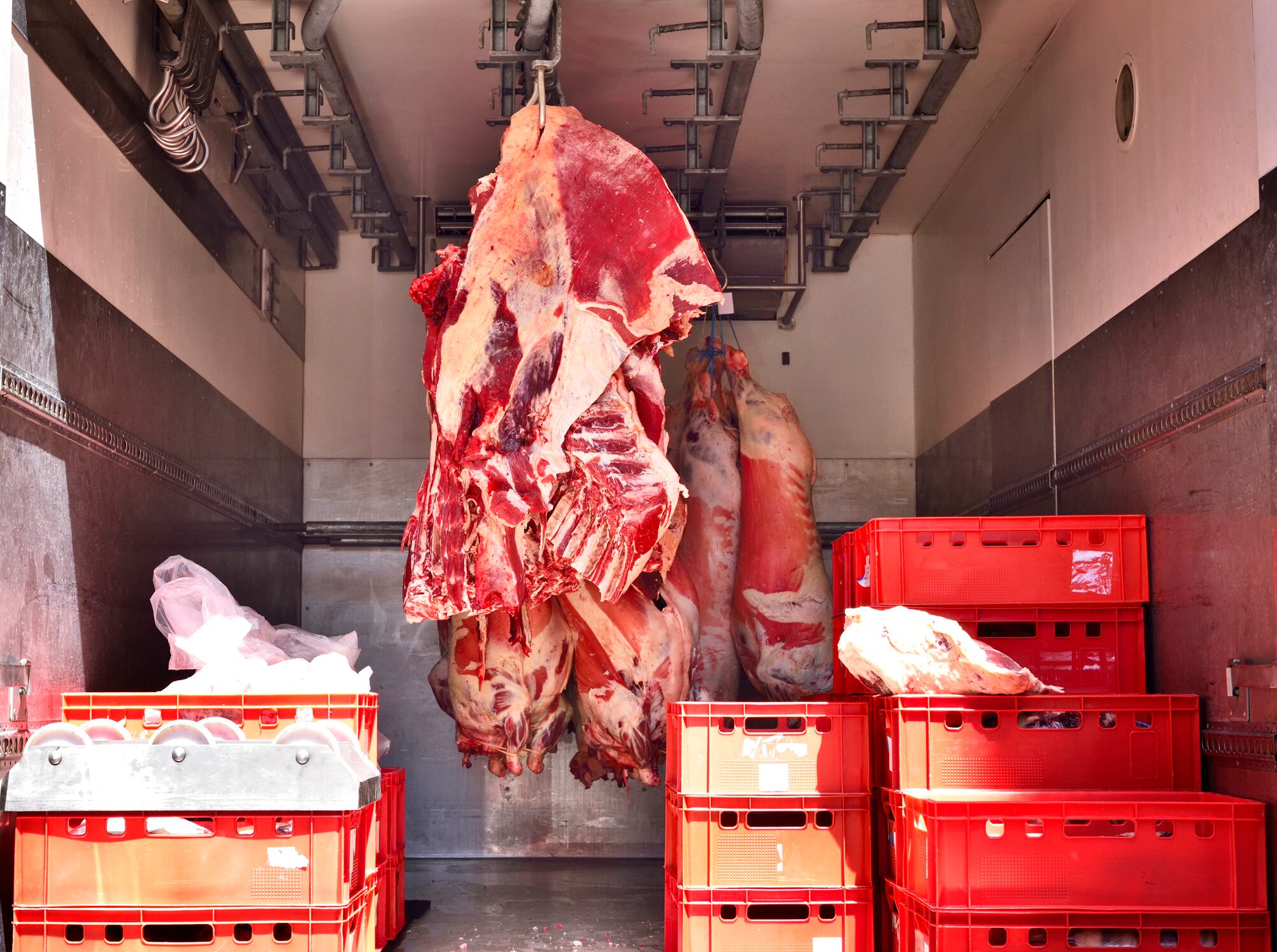At a time when local authorities face mounting pressure and public trust in food systems is being tested, the role of governance is moving from background process to central priority.
Good governance provides the accountability and impartiality that regulation alone cannot guarantee. It determines how certification bodies operate, how auditors are trained and monitored, and how non-conformances are handled.
In short, governance is the framework that transforms food safety standards from theory into practice.
Accountability in structure
Effective governance depends on structure. Independent committees, stakeholder forums and impartial oversight are not optional extras. They are safeguards that protect against conflicts of interest and ensure transparency. Safe to Trade provides an example of this approach by creating four distinct governance bodies with specific responsibilities, from monitoring audit quality to ensuring stakeholder engagement. This separation of responsibilities ensures that no single interest can dominate decision-making.
Oversight in action
Strong governance must extend into daily practice. That means regular monitoring, data collection and corrective action where needed. Some schemes require certification bodies to submit performance data for independent review, covering audit outcomes, consumer feedback and non-conformances. By placing this information before both governance and stakeholder committees, oversight becomes more robust and accountability more visible.
Competency at the core
Auditor competency is one of the highest priorities in food safety governance. Without skilled and impartial auditors, even the most detailed standards are ineffective. Robust standards address this through sector-specific training, rigorous examinations and witnessed audits, with performance monitored on an ongoing basis. This level of scrutiny ensures that certification decisions carry weight and are not reduced to box-ticking exercises.
Protocols and transparency
At the heart of governance lies clarity. Protocols that outline how certification bodies should operate, how complaints are handled and how standards are interpreted to create a transparent system that can be consistently applied. When these documents are reviewed and updated regularly by independent committees, they provide a living framework that keeps pace with both industry needs and public expectations.
Why it matters now
The food safety sector faces unique pressures. Public resources are stretched, consumer expectations are shifting and supply chains are increasingly complex. Voluntary assurance programmes can provide a credible solution, but only when their oversight mechanisms are rigorous, impartial and transparent. Without these safeguards, they risk being dismissed as commercial exercises rather than trusted systems of assurance.
Looking forward
For food safety to retain public trust, governance must take centre stage. Independent oversight, strong auditor competency requirements, transparent protocols and meaningful stakeholder involvement are no longer optional. They are the foundations of credibility.
Consumer standards such as Safe to Trade illustrate how this can work in practice, but the wider lesson is clear. In today’s food safety climate, governance is not an add-on. It is the key to trust.

Michael Jackson is a member of Safe to Trade’s independent governance board and former deputy director of regulatory compliance at the Food Standards Agency.



